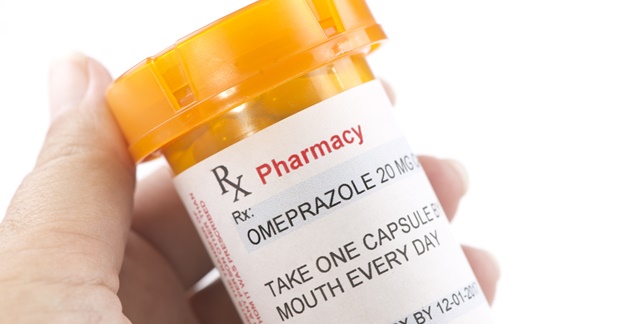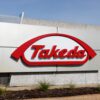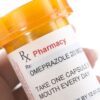An analysis of an FDA side effects database has found that taking proton pump inhibitor (PPI) drugs such as Prilosec (omeprazole) and Nexium (esomeprazole), used to treat acid reflux, is associated with an increased risk of kidney disease.
Researchers examined data from the FDA Adverse Event Reporting System (FAERS) database. They narrowed their study to reports on 43,000 people who took a PPI and no other medications and 8,000 people who took histamine-2 receptor antagonists (H2 antagonists), another class of acid-reducing drugs that includes Pepcid (famotidine) and Zantac (ranitidine).
Results, published in Scientific Reports, found that people with acid reflux who took only PPIs were 28.4 times more likely to have chronic kidney disease, 35.5 times more likely to report end-stage renal disease and 4.2 times more likely to have acute kidney disease compared to those on H2 antagonists.
“Although [H2 antagonists] have not been shown to be as effective as acid reflux drugs PPIs, they might be considered as alternatives for patients who are at high risk for developing renal and electrolytes imbalances,” the researchers concluded.
A 2017 study also found that long-term use of PPIs can lead to kidney damage.






